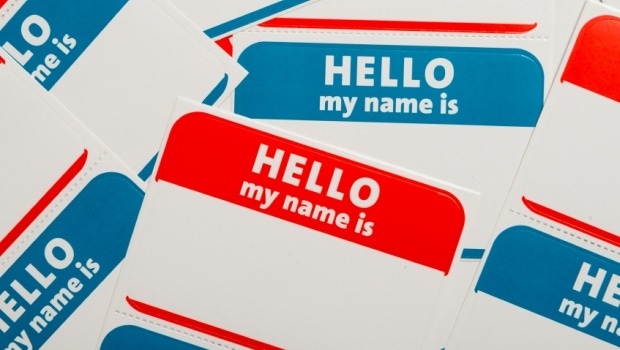Great care should be taken when choosing a self-storage business name, not only to instantly convey the nature of your business and imply quality services but also to avoid confusion in the marketplace. The similarity of operator names competing within close proximity could become more problematic as consolidation churns and new players open facilities.

We post a lot of news items on the ISS website, and I’m often amazed at the similarity between self-storage business names across the nation—sometimes even among operators competing in relatively close proximity. The concept of “confusion in the marketplace” is an interesting one, and frankly, I’m surprised we don’t hear about more cease-and-desist letters or trademark-infringement lawsuits across the storage landscape.
Trademarks are a mixed bag. They can be difficult to get and difficult to protect. But the naming convention you use to brand your business has an important, top-down effect on how consumers perceive and identify your operation. The emphasis there should be on “your operation.” Two similarly named, independent operators competing within a few miles of each other creates confusion for customers and does a disservice to whichever is the superior business. As it is, large companies are often able to legally squash smaller businesses with similar names, even if they don’t compete head to head in the same type of industry.
Before it began operations as an expansion team, the Arizona Diamondbacks famously went after a local businessman who had filed trademark paperwork for Diamondback Beer with the U.S. Patent and Trademark Office a cool six months before the baseball team filed its own federal paperwork. He stood little chance against a Major League Baseball franchise, the league and even the Miller Brewing Co., which had just signed a major marketing deal with MLB.
The team’s perception was that “Diamondback Beer” could be misperceived as having a connection to the team, which was certainly plausible among local fans. Today, there’s a Diamondback Brewing Co. that was founded in 2013 in Baltimore, so perhaps 2,280 miles is a significant enough distance to avoid confusion in the marketplace.
The point is the larger the entity the more recognizable its branding, including color scheme. In moving and self-storage circles, there may not be a more universally known consumer brand than U-Haul. In this industry, orange and green doors have brand significance for Public Storage and Extra Space Storage, respectively.
Incidentally, Extra Space is an interesting case because while it’s the second largest U.S. storage operator behind Public Storage, there is an unrelated Extra Space Self Storage of Asia expanding in Korea, Malaysia and Singapore. While the names are similar, the logos are quite different. A stranger international case is MiniCo Self-Storage, the operating brand of Hong Kong-based MiniCo Asia Ltd. While the company shares some business ancestry with MiniCo Insurance Agency, the two operations aren’t related but share a familiar logo.
I raise the name issue because we are in the midst of a development boom, which means new players are entering the fray while other operators are looking to expand. The self-storage world in many ways is shrinking, particularly in terms of what constitutes territory. Industry consolidation has widened brand reach for many larger players, and if you’re running with a name, color scheme or logo that is similar to a larger, more established operator, confusion in the marketplace could be in your future.
Part of the reason we’re likely seeing similar names is that there are only so many descriptive words that instantly convey self-storage or imply quality storage services. As it is, many of the descriptors operators are fond of may open a business to unnecessary risks. Self-storage attorney Jeff Greenberger recorded an entire video on words and phrases to avoid because certain terms within your business name or marketing materials can create false customer expectations, which they can use against you in court. That’s a whole different kind of customer confusion you want to work hard to prevent.
The name you choose to represent your storage business is an important decision that requires careful thought and research. When you spend so much energy trying to create points of differentiation from competitors with regard to service, it makes sense to reinforce those differences in your formal branding. Please share any instances you’ve experienced with potential confusion in your marketplace or a story about how you arrived at your name in the comments section below.
About the Author(s)
You May Also Like







